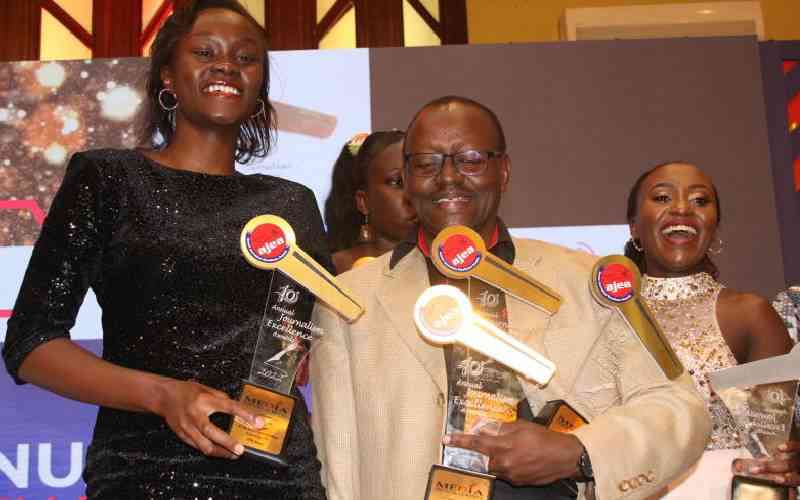
The principal goal of journalism awards is to encourage and promote excellence in journalism by setting standards for quality reporting, fostering creativity and innovation and recognising the critical role that journalists play in informing the public and holding those in power accountable.
In addition to recognising individual journalists and their work, the awards can also promote the sharing of knowledge and best practices within the industry, by providing opportunities for journalists to learn from each other, collaborate on projects and build networks.